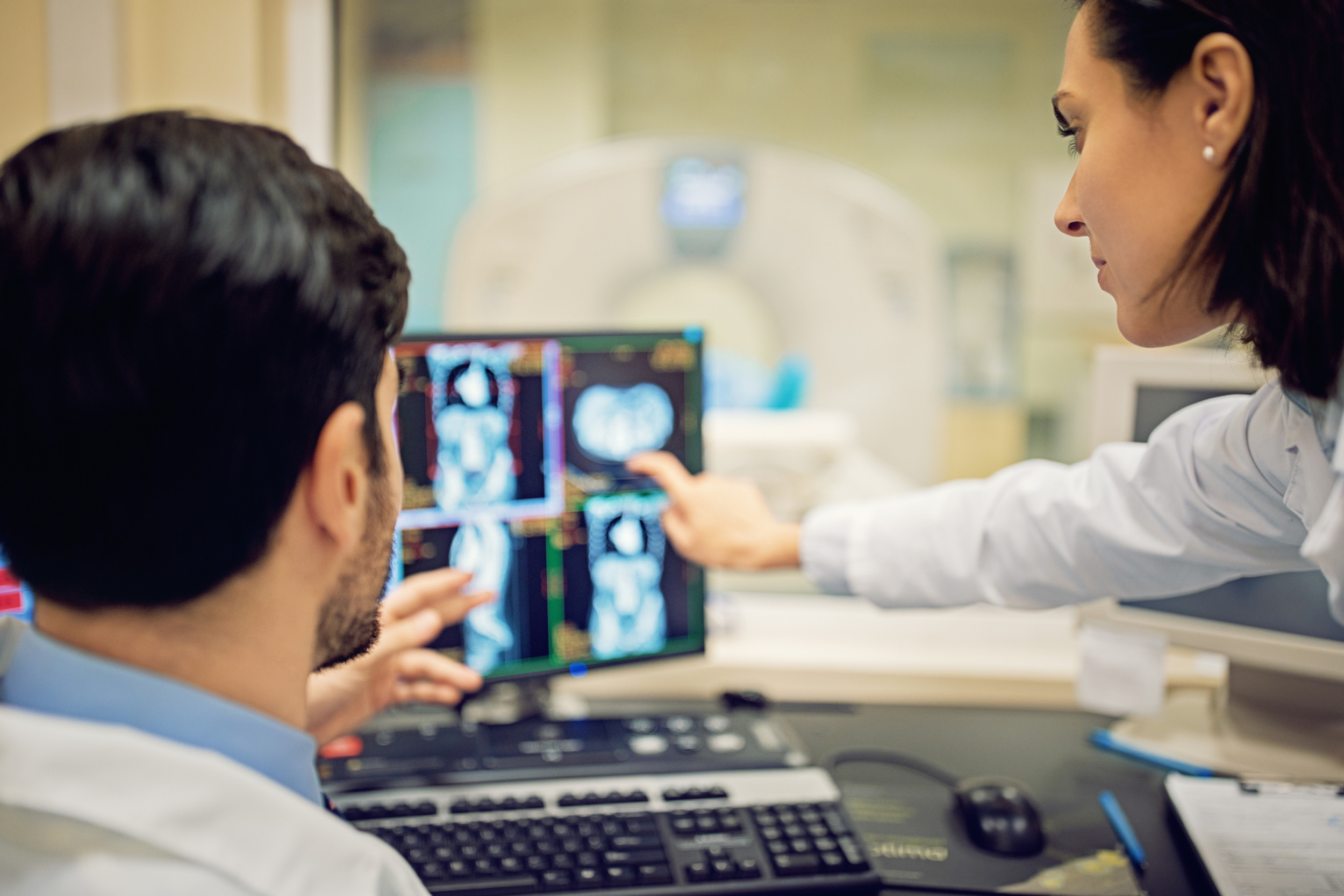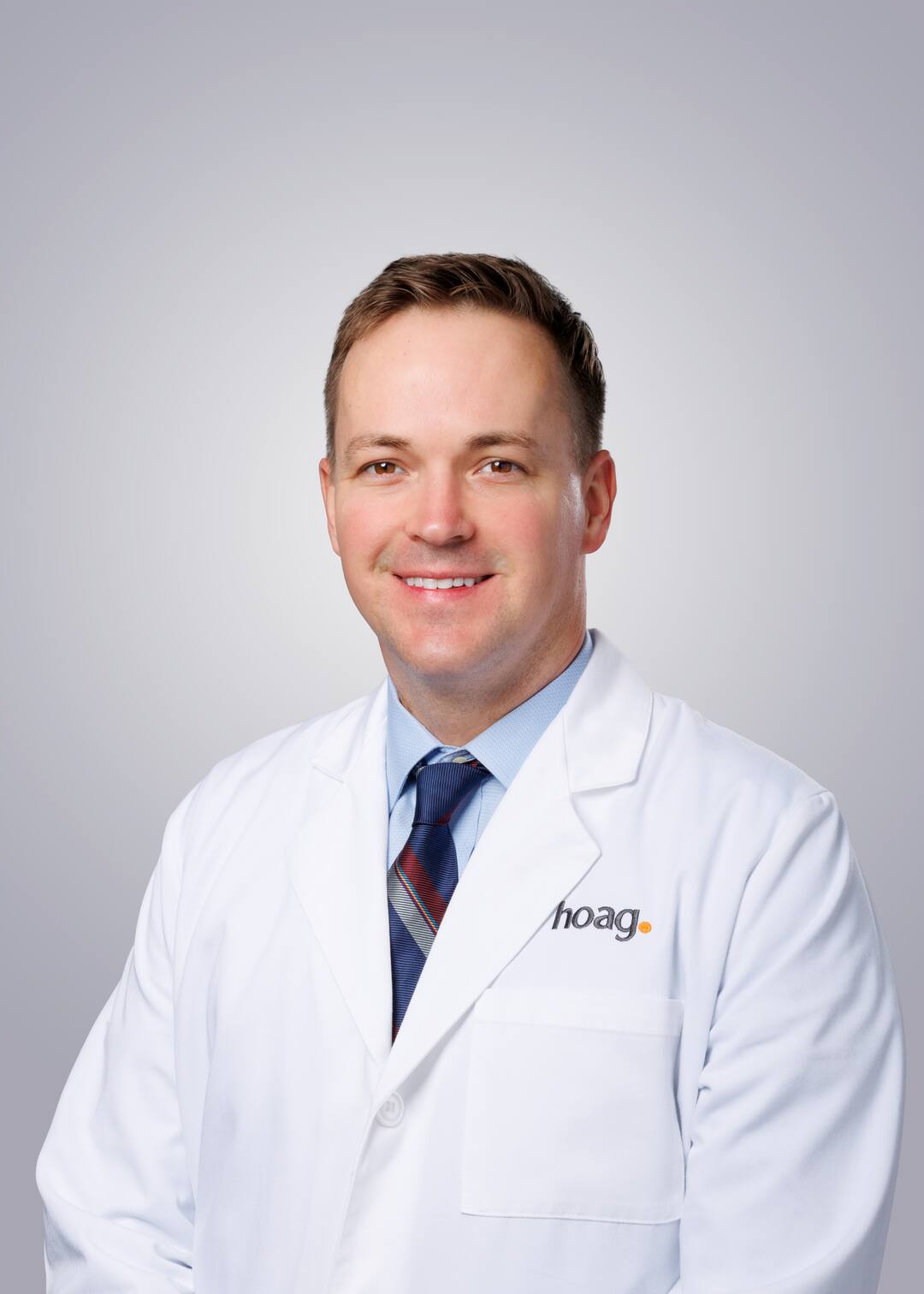Managing Cancer Screenings Year-Round

When is the best time to schedule your cancer screening? Right now.
“Busy schedules, fear and even forgetfulness, cause people to delay critical cancer screening tests,” said Monica M. Mita, MD. “But early detection is one of the most powerful tools we have in the fight against cancer.”
Wherever you are in Orange County, Hoag offers cancer screening options close to home. So, don’t put it off – early detection saves lives. To learn more, visit Hoag Family Cancer Institute.
Why Screenings Matter
Cancer can grow undetected for months or even years before symptoms appear. That’s why it is important to be proactive about your screenings. They help detect cancer in its earliest stages, when it’s most treatable.
“In every cancer type, the earlier a cancer is detected, the better the outcome is likely to be for the patient,” Dr. Mita said. “This makes regular screenings with your primary care physician or specialist incredibly important.”
What Do I Need to Know Before Getting a Cancer Screening?
You will need to know whether you are at elevated risk for any particular cancers. Your doctor will talk with you about your smoking history, family history and any other risk factors. Once you understand your risk, choose a health system that can provide the most robust screening program possible.
“At Hoag, we offer the most cutting-edge technology available today to provide a full range of cancer screenings, including mammograms, colonoscopies, skin checks and hereditary cancer screenings,” Dr. Mita said.
What Screenings Should I Get?
Screening guidelines depend on age, family history, and risk factors. For example:
Women 40+ are asked to consider annual mammograms
Adults 45+ should begin regular colon cancer screenings
Smokers and former smokers ages 55-77 with a 20 year history of heavy smoking are advised to undergo an annual, low dose chest CT screening.
Anyone with a family history may qualify for earlier or more frequent testing
“With a robust genetic counseling program, Hoag is able to help people learn if they are at increased risk of specific cancers. This allows patients to take control of their health and work with their physicians to stay on top of their cancer risk,” Dr. Mita said. “Hoag can essentially perform any type of cancer screening, using the latest technology and equipment. World-class care is available right in your own backyard – and it starts with detection.”
Where Can I Get Screened?
Hoag’s expert oncologists throughout Orange County specialize in detecting and treating cancers early, including through clinical trials, some that are not available anywhere else in the region. This provides an important avenue for early detection or prevention.
“The Hoag Family Cancer Institute is unique in that it combines the rigor of an academic institute – including access to clinical trials, the latest detection and treatment technology and the top experts in their fields – with the compassion and personalized attention of a community hospital,” Dr. Mita said. “Our doctors can provide life-saving screenings throughout Orange County.”
What Do I Do If I’m High-Risk?
If cancer runs in your family or you’ve had past abnormal results, staying consistent with screenings is especially important. Hoag’s hereditary cancer screening can help identify your risk and guide next steps.
“The conversation should start with your Hoag primary care physician, to determine what cancers you might be at elevated risk for developing,” Dr. Mita said. “If you are at increased risk, you may be referred to one of Hoag’s expert, dedicated oncology teams who can guide you through prevention through lifestyle modifications or early detection and treatment.
What Do I Do If I Suspect Cancer?
Noticing a lump on your breast or a suspicious lesion on your skin can be alarming. Dr. Mita cautions that these warning signs should be a reason to act, not to panic.
“If you’re experiencing symptoms, it’s important to get screened.” Dr. Mita said. “We’ve seen patients delay care because they were afraid, and that’s completely understandable. But nearly all of these patients later become advocates for early detection, urging others not to let fear stand in the way of their health. The earlier you are screened, the better.”
Stay on Schedule
Work with your Hoag primary care physician to stay on target and undergo the screenings that are right for you. With advanced technology and compassionate care, Hoag works to take the fear out of cancer screenings and improve access and outcomes.
Prioritize your health year-round, for more information visit Hoag Family Cancer Institute.

